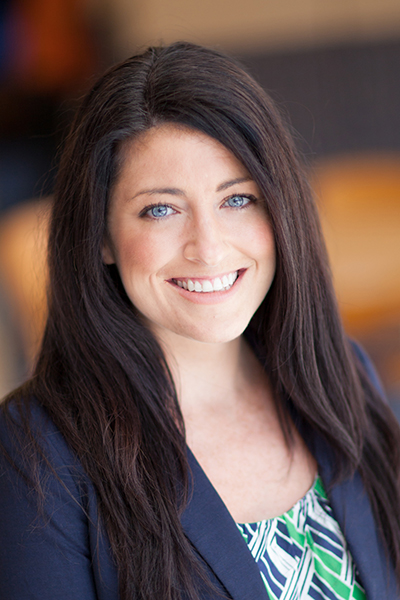
Is authenticity truly beneficial in the workplace? Are places of work conducive to employee authenticity? Not for everyone, research from FIU Business finds.
“The main insight: we caution this notion of encouraging everyone to be authentic,” said Brooke Buckman, assistant professor of global leadership and management at FIU Business. “In a lot of instances being your true self isn’t always treated equally in the business world as we see today.”
As public interest in authenticity increases, she added, the “Being Your True Self At work” paper, published in the July 2019 issue of the Academy of Management Annals, both reinforces and tempers the existing enthusiasm surrounding the topic.
Buckman and her co-authors analyzed over 100 empirical and seminal studies published since 1997 on individual authenticity in different organizations.

The consensus of most authenticity-focused research is that “there are such great personal benefits to authenticity, that we should encourage everyone to be authentic, even at work,” Buckman said.
However, those personal benefits, including feeling happier and more energized, often come at a career-focused cost for minorities, making them feel they’re walking on a tightrope.
“For example, often times women who are authentic at work risk being viewed as ‘not management material’ because their authentic selves don’t necessarily align with other’s ideas of how a leader or manager should act,” Buckman added. “Thus, many employees experience contradictory messaging – on the one hand, they are told to “just be themselves” but on the other hand, they feel like they need to act in certain ways in order to succeed in the workplace.”
One of the biggest challenges the researchers faced was that most of the existing studies on authenticity are siloed. Many have analyzed the topic using labels such as “authentic leadership,” “emotional labor” and “identity management” rather than “authenticity” per se.
“Being Your True Self At Work” aims to create a research agenda for future analyses about authenticity.
“There are lots of definitions and ideas, but until we can all agree on a definition of how we’re going to measure authenticity, the literature will become more noisy and messy,” Buckman said. “Our research encourages them to start talking to one another; to start looking at the social implications.”
The paper was co-authored by Buckman with Sandra E. Cha, Brandeis University; Patricia Faison Hewlin, McGill University; Laura Morgan Roberts, Georgetown University; Hannes Leroy, Erasmus University; Erica L. Steckler, University of Massachusetts Lowell; Kathryn Ostermeier, Bryant University; and Daniele Cooper, University of North Texas.





